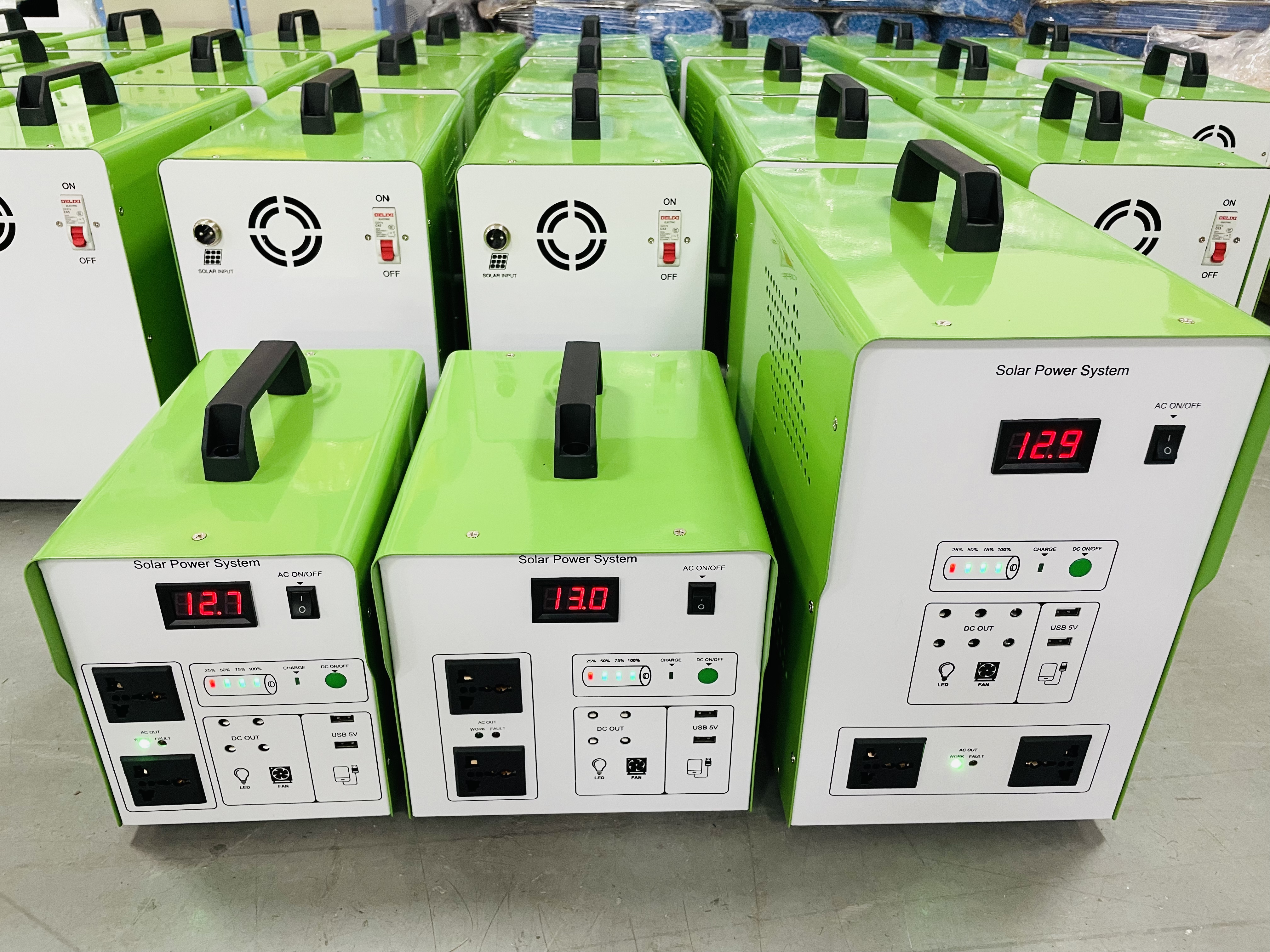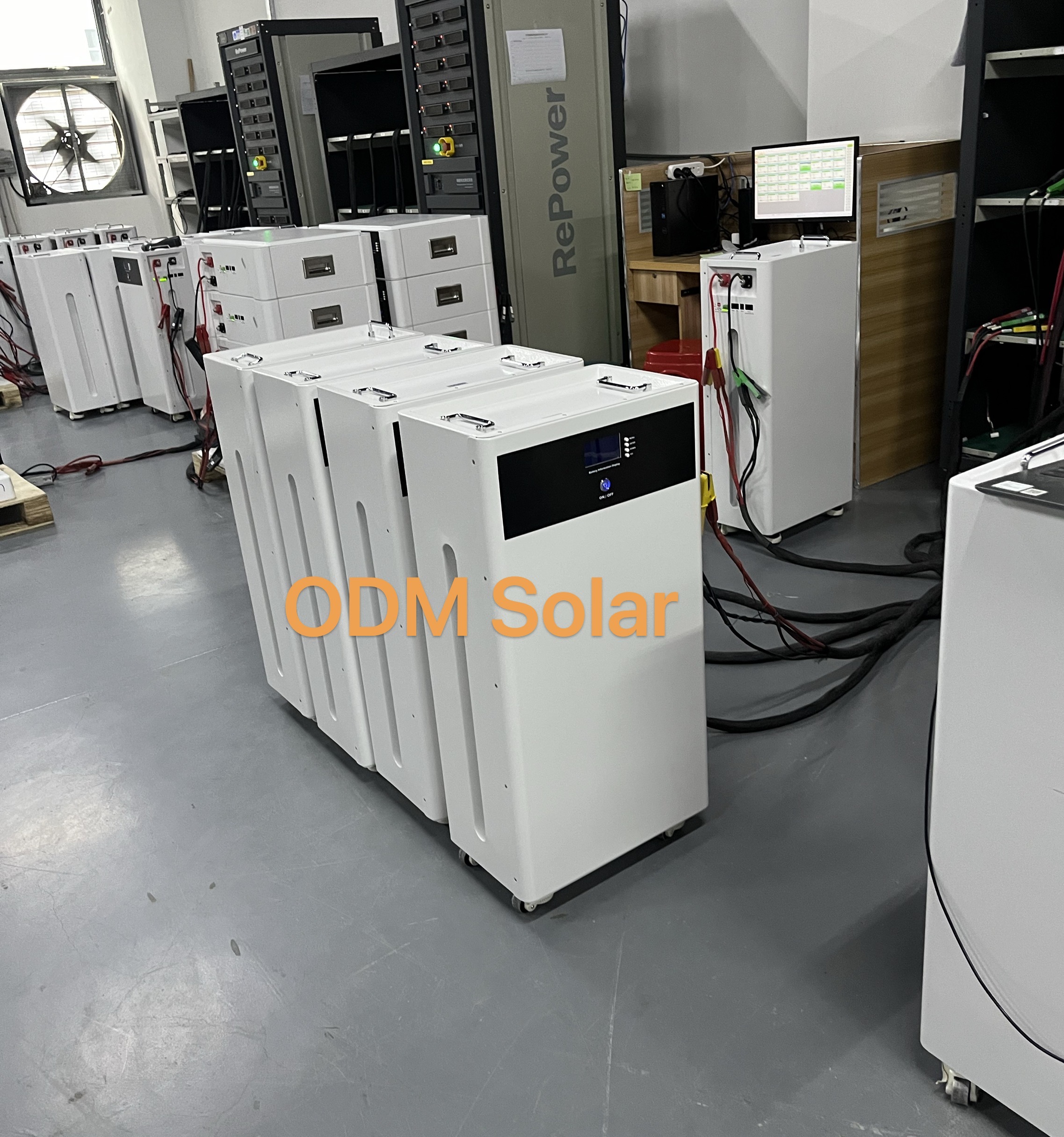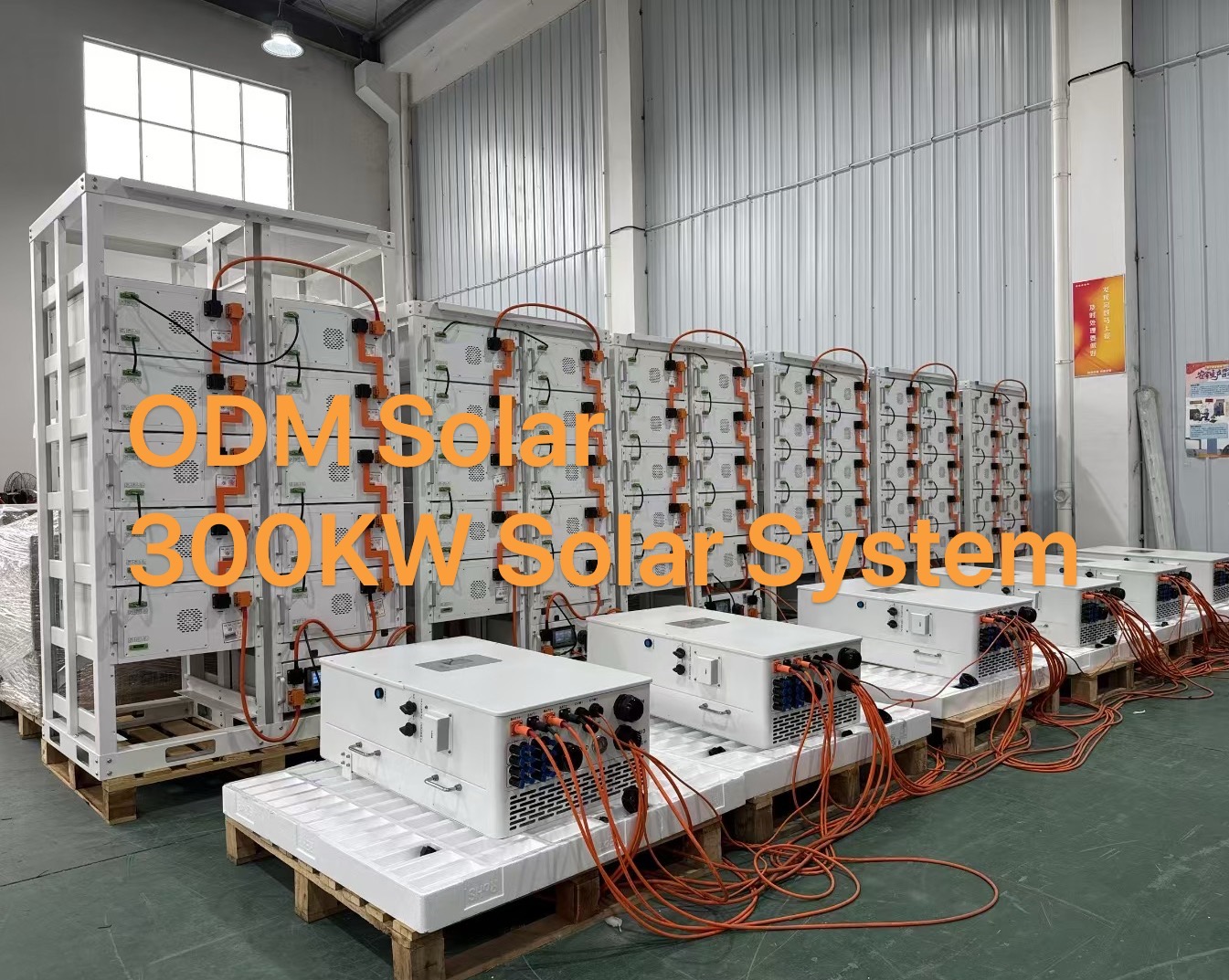300W 500W 1000W Solar Home Power System
Choosing the Right Solar Home System: 300W, 500W, or 1000W?
As the world moves towards more sustainable energy solutions, solar power has emerged as a frontrunner for home energy. Whether you're looking to cut down on electricity bills, reduce your carbon footprint, or achieve energy independence, installing a solar power system can be a smart decision. However, with different wattage options—like 300W, 500W, and 1000W solar home systems—how do you choose the right one for your needs? In this blog, we’ll explore the differences between these solar home systems to help you make an informed decision.
What Do 300W, 500W, and 1000W Solar Systems Mean?
The numbers 300W, 500W, and 1000W refer to the power capacity of the solar home system, which indicates the amount of electricity the system can generate per hour under optimal sunlight conditions. These systems include solar panels, an inverter, and other components like batteries (if off-grid) or a grid connection.
300W Solar System: This is typically a smaller setup suitable for individuals who want to power basic appliances like lights, fans, or charge devices.
500W Solar System: A middle ground, this system can support slightly more energy-hungry devices like small refrigerators, TV, or additional lighting.
1000W Solar System: The largest of the three, capable of powering several medium-sized appliances like larger refrigerators, multiple LED lights, computer , laptop and more.
1. 300W Solar Home System: Ideal for Small Energy Needs
A 300W solar system is best for small homes, apartments, or off-grid cabins where energy consumption is minimal. It’s perfect for basic needs like:
Lighting (LED lights)
Charging phones and small devices
Running small fans or low-power gadgets
If you’re looking for a way to reduce your energy bill in a small space or supplement your current grid connection, a 300W system can be a cost-effective choice. However, keep in mind that it might not be sufficient for larger appliances like refrigerators or air conditioners.
Pros:
Affordable
Ideal for low-energy households or off-grid locations
Easy installation and maintenance
Cons:
Limited power capacity
May not support larger appliances
2. 500W Solar Home System: A Balanced Option
A 500W solar home system is a more versatile option, offering a balance between power capacity and cost. It’s perfect for families or homeowners who have a moderate energy consumption. With 500W, you can power:
LED lighting (multiple rooms)
Small appliances like a microwave or fridge
Several devices at once, such as laptops and phones
A 500W system is ideal if you're looking to run a few more appliances without going overboard on price or space. It can also serve as a hybrid solution for partial off-grid living or as an additional power source for grid-connected homes.
Pros:
Suitable for medium-sized homes or moderate energy use
Powers more appliances than a 300W system
Cost-effective for balanced energy needs
Cons:
Still limited for larger homes or high-energy devices
Might require additional storage (batteries) for off-grid setups
3. 1000W Solar Home System: Powering Larger Homes
A 1000W solar system is ideal for larger homes or those with higher energy consumption. This system can handle multiple large appliances and devices simultaneously. With a 1000W system, you can power:
Multiple refrigerators or a large fridge
Air conditioners (small to medium-sized)
Water pumps, electric stoves, and washing machines
Multiple electronics like TVs, computers, and lights
A 1000W system is suitable for homes that have significant energy demands and those looking to move closer to being fully off-grid or reduce their reliance on the local grid.
Pros:
Ideal for larger homes with significant energy demands
Can power most household appliances
Offers the potential for full off-grid living (depending on location and storage)
Cons:
Higher upfront cost
Requires more space for installation
Which System Should You Choose?
When deciding between a 300W, 500W, or 1000W solar home system, consider the following:
Energy Consumption: How much electricity do you use on a daily basis? If you only need to power lights and small devices, a 300W or 500W system may suffice. For larger homes with more appliances, the 1000W system is the better choice.
Budget: Solar systems can be expensive upfront. A 300W or 500W system will be more affordable, but it’s essential to factor in the long-term savings on energy bills.
Grid Connection: If you're connected to the grid, a smaller system may be enough to reduce your reliance on the utility provider. However, if you’re aiming for energy independence, a 1000W system (or larger) will provide more autonomy.
Space Availability: Larger systems require more roof space or land for installation. Be sure to assess the available area before making a decision.
Conclusion
Each solar home system has its own advantages depending on the size of your home, your energy consumption, and your budget. A 300W system is perfect for small energy needs, a 500W system provides a balance for medium-sized households, and a 1000W system offers the most power for large homes or off-grid living.
As solar technology continues to improve, the cost of installation and maintenance is becoming more affordable, making solar energy a practical option for many homeowners. By choosing the right system for your needs, you can enjoy cleaner, more sustainable energy and potentially save on your energy bills in the long run.









